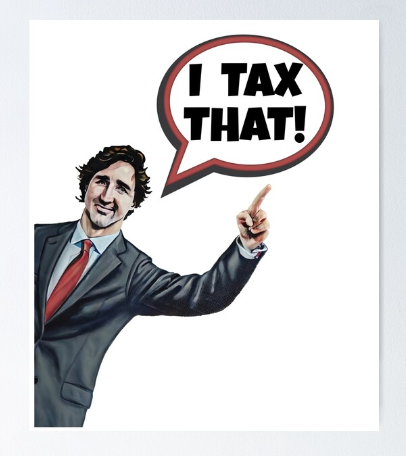Dear valued client,
Markets rose yet again this week after the release of encouraging inflation figures. The consumer price index (CPI) in the U.S. came in at 3.4% in April (compared to 3.5% in March and 3.2% in February), still above the Fed’s 2% target. However, this new data potentially sets the stage for an interest rate cut in September. Core CPI, excluding volatile food and energy prices, rose 3.6%, the smallest annual increase since April 2021. Positive signs include a 0.2% drop in grocery prices and slower increases in health and car insurance costs. However, inflation remains influenced by persistent rising shelter and gas prices, although rents are growing at their slowest rate in nearly two years, suggesting potential future relief.
In a significant escalation of the U.S.-China trade war, President Biden announced substantial new tariffs on Chinese imports, including a fourfold increase on electric vehicles, raising taxes from 25% to 100%. This move aims to protect American manufacturers from an influx of low-cost Chinese products. Additional tariffs were imposed on Chinese-sourced minerals, solar cells, and batteries. China has condemned the tariffs as political manipulation, according to a statement from its Ministry of Commerce. I’m sure American EV executives, especially Elon Musk, are pleased with Biden’s decision.
In an unlikely partnership, Netflix secured exclusive streaming rights for NFL Christmas Day games for the next three seasons, beginning this year with matchups featuring the Kansas City Chiefs, Pittsburgh Steelers, Baltimore Ravens, and Houston Texans. The deal, reportedly valued around $150 million, highlights Netflix’s increasing investment in live sports, following a $5 billion agreement with WWE and plans to stream the Mike Tyson vs. Jake Paul boxing match. With an average viewership of 28.7 million for last year’s Christmas NFL games, Netflix’s partnership with the NFL underscores its serious commitment to the sports streaming market.
The Trudeau government’s decision to hike the capital gains tax has ignited significant backlash across various sectors, including tech and healthcare. Critics argue that the move, intended to generate $19.4 billion over five years, is politically contentious and economically nonsensical, as it represents only 0.7% of the planned $535 billion fiscal spending next year. Alternatives to the tax increase include trimming $19.4 billion from the $53 billion in new spending announced in the Liberal’s 2024 budget or reconsidering large subsidies to foreign auto manufacturers, which alone total $16.5 billion. Additionally, a more measured expansion of the civil service could save up to $3.9 billion annually, equivalent to the expected annual revenue from the capital gains hike. These different options could negate the need for a higher capital gains tax while maintaining fiscal balance, and more importantly, encourage innovation and productivity.
“The current cycle of tax and spending is not what Canada needs. You cannot tax your way to prosperity. We need to embrace policies that foster both fairness and growth, where economic success benefits all Canadians.” – Duane Green
Have a terrific weekend,
PW



